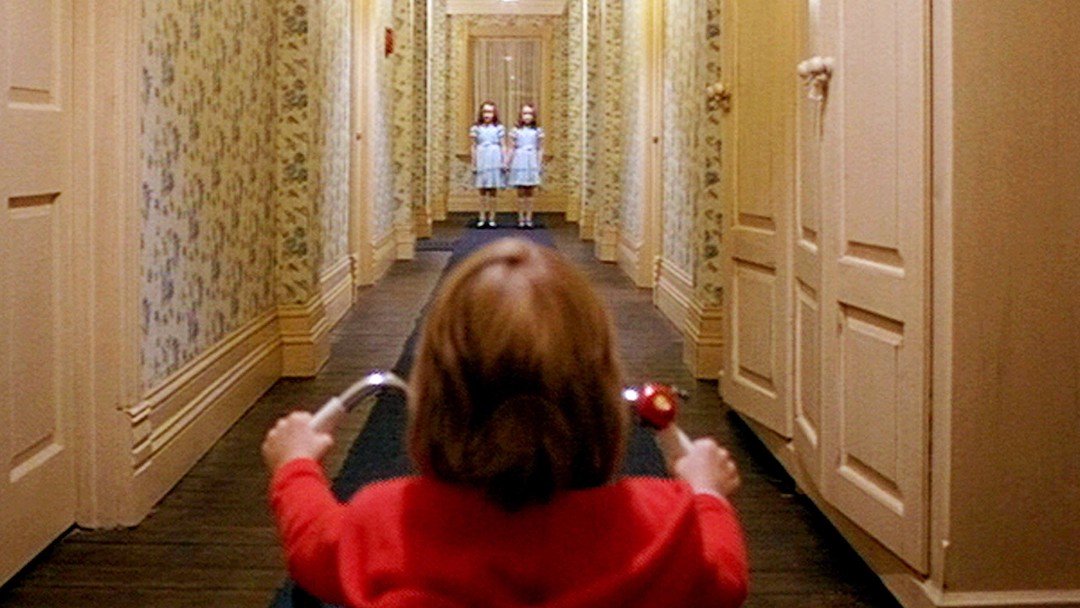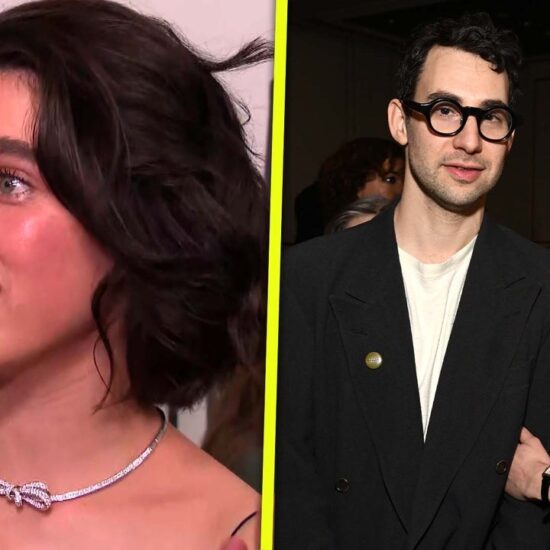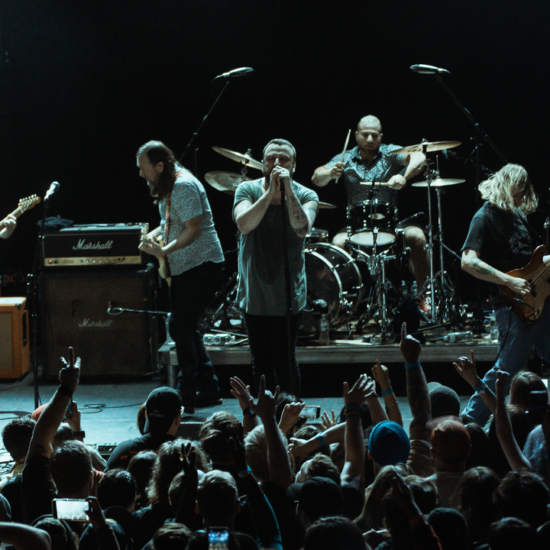
Do you run up the stairs once you’ve switched off the light because something could be chasing you? Or are you more like me, fearing mania of the mind, or governmental conspiracy?
When I first watched Kubrick’s The Shining, I was fascinated by its psychological undertones. Jack Torrance is not scary because the Overlook Hotel is changing him; he is scary because he is an abusive alcoholic. The Shine is not a mere magical power; it is the ability to see beyond the sugar-coated façade of the world.
But why are psychological horror films so popular?
Sigmund Freud states that horror comes from the “uncanny,” diving into the darkest desires and fears of human consciousness. Psychological horror films are therefore an execution of our innermost thoughts. They access the hidden sin every person thinks of committing at least once in their life. We watch them to live vicariously through a killer, or a victim, or a sociopath.
Not only the fascination of the audience, but also of directors, cinematographers, and actors, make films such as Psycho, Taxi Driver, and The Night of the Hunter so intriguing. For example, the scream that tears from Janet Leigh’s throat in Psycho is so raw and disturbing that it promotes the audience to feel genuine fear and dread, instead of something artificial. This film does not adhere to the common relief felt by watchers that they are not in the character’s situation. In Taxi Driver, Robert de Niro’s character is almost constantly either in his confined cab or small apartment. This gives the effect of walls closing in one’s mind to render them crazed and leaves watchers wondering if they, too, could end up like the taxi driver. The Night of the Hunter displays a masterful use of expressionism to tell a metaphorical story. The corruption of religion and childhood innocence is shown through unusual camerawork, shadowing, and Robert Mitchum’s infamous tattooed “Love/Hate” knuckles, of course.
There is also an argument that unlike slasher horror, which is more graphic and therefore less tense and realistic, psychological horror is scarier as it makes the viewer’s mind wander, and contemplate on the world’s good and evil.
3 commonplace themes and tropes within psychological films also render this genre more disturbing:
Death
An obvious one, but very important. Death is something every human thinks about at least once in their life. It is inevitable, but when it is caused by murder or a freak accident, it is scarier. Another sub-trope of this is death being implied offscreen, which garners a much more mysterious atmosphere. An example of death being portrayed well is in The Shining when Jack Torrance runs at Dick Hallorann with the axe; this is especially chilling due to the theme of racism in the movie, as well as the loss of someone who could have saved Wendy and Danny.
Tension-building
Without tension, the story fails to scare the watcher. It must be carefully crafted in order to establish the psychological downfall of the characters. This is evidenced in Get Out, where we see through Chris’ eyes the microaggressions he faces daily as a Black person. The racism is scary in itself, but the masterful way in which director Jordan Peele builds tension really exacerbates the climactic killing of the Armitage family
The Metaphor of the Villain
The antagonist of the psychological horror will always metaphorically reflect the social issue/existence the film itself is attempting to subtly promote. John Ferguson in Vertigo is clearly, by modern standards, the toxic male. He uses obsession over women as his driving force, and is controlling and victimising. Vertigo could thus be seen as a social commentary on masculinity.
In conclusion, the psychological horror movie is the one we watch glued to our seats in an attempt to wring all the rich details and meanings and effects from its cloth. It is possibly the greatest film genre ever.
Here are my personal recommendations for 20 great psychological horrors: Psycho (1960), The Shining (1980), The Night of the Hunter (1955), Taxi Driver (1976), Get Out (2017), The Cabinet of Dr Caligari (1920), Shutter Island (2010), Vertigo (1958), Us (2019), Vivarium (2019), The Babadook (2014), The Blair Witch Project (1999), Black Swan (2010), Se7en (1995), The Silence of the Lambs (1991), Whatever Happened to Baby Jane (1962), The Fly (1986), Hereditary (2018), Misery (1990), Rosemary’s Baby (1968)














